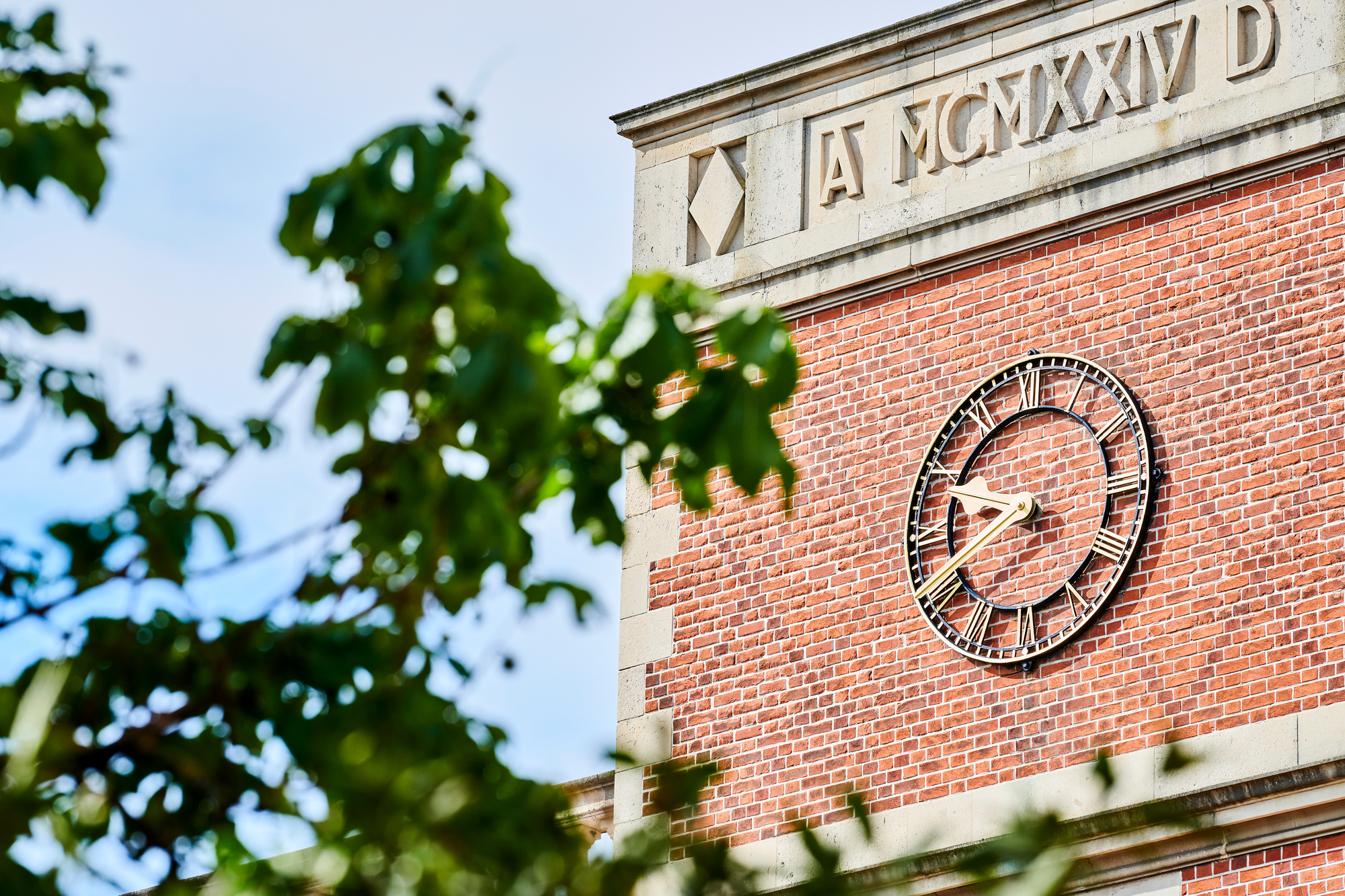Procurement
Sustainable procurement is all about taking environmental and social factors into account in your purchasing decisions.
Sustainable Purchasing
Sustainable procurement is all about taking environmental and social factors into account when purchasing goods and services. As such, sustainable procurement involves looking at: what your products are made of, where they come from, and who has made them.
Ideally, sustainable procurement will: meet users’ needs, deliver long-term value for money, maximise social and economic benefits, and minimise damage to the environment and health (Forum for the Future - Buying a Better World, 2007).
Strategy
Newcastle University's procurement policies focus on combining environmental, social, and financial priorities to make sure our money is used as effectively and responsibly as possible. Thanks to this work, the University currently operates at Level 4 of the DEFRA Flexible Framework – a tool that measures and monitors progress on environmental action.
Additionally, the Procurement Team also provide guidance and resources for our suppliers and potential suppliers to evaluate the sustainability of their own business practices. Positive action taken by suppliers is rewarded in the tender process where green credentials boost a company’s chances of being awarded a contract.
Workers' Rights
We use the NDNA (National Desktop and Notebook Agreement) and ITRAP (IT-related Accessories and Parts) framework agreements for purchasing electronics. These agreements are governed by LUPC (London Universities Purchasing Consortium), a member of Electronics Watch.
In our Supplier Code of Ethics, employment and welfare standards are based on the ETI (Ethical Training Initiative) Code. We also map our supply chains for high/medium risk areas identified in our Modern Slavery and Human Trafficking Statement (estates works, office supplies, laboratory consumables).
Construction
The construction sector produces a significant number of environmental impacts, so ensuring that the University's construction is as sustainable as possible is important to meeting our climate action goals.
Sustainable construction aims to reduce the construction industry’s impact on the environment via methods including:
- using low carbon, renewable, and recyclable resources
- reducing energy consumption and waste on site
- constructing energy efficient buildings
- protecting and supporting biodiversity during projects
(British Assessment Bureau, 2020)
Sustainable Construction Specification
Newcastle University’s Sustainable Construction Specification (583.4KB) enables the design and construction of sustainable buildings and landscapes that support the delivery of the University’s vision and strategy.
In practice, this involves designing spaces that enable the University’s cutting-edge teaching and research while also meeting the requirements of our Climate Action Plan to achieve net-zero by 2030.
Food and drink
Balancing healthiness, affordability, and environmental considerations is vital to providing food sustainably.
Fairtrade
Social and environmental justice is a core value of Newcastle University, and we are committed to representing this value in all that we do. Maintaining our Fairtrade status is one of the ways in which we ensure that we are championing trade justice and ethical consumption within our University and Students’ Union partnership. More information on this can be found below.
- Our University and Students’ Union’s Fairtrade Commitment (PDF: 171 KB) is available online.
- You can also view the most recent version of the University and Students’ Union’s SMART Target Plan (PDF: 207 KB) - a road map to embedding Fairtrade into the University.
- The University's Fairtrade Impact Report (PDF: 691 KB) provides an update on our progress and future goals.
- Get involved in Fairtrade at the University on our Play Your Part pages.
- Finally, check out the results of a survey we conducted to better understand the University Community’s opinions on Fairtrade in our Fairtrade Survey Results (PDF: 97 KB).
The Fairtrade survey raw data and list of questions used in the survey are also available.
Sustainable Catering
The University’s Healthy and Sustainable Food Policy aims to:
- Improve the sustainability of our own catering services and supply chain,
- Help influence the marketplace and encourage the development of new, more sustainable goods and services.
The Policy is fully reflected in the University’s catering tenders, contracts, and the work our Catering Team does to provide high quality, sustainably sourced food on campus. Additionally, the policy also ensures that local and smaller suppliers are not discriminated against in the procurement process.
Find out more about sustainable catering on the Catering Team’s website.
Get involved
There are a wide variety of ways to engage with sustainable action on procurement at the University.
Explore our Play Your Part pages to find out about the variety of ways in which you can take part in the different aspects of sustainable consumption and procurement at Newcastle University – including in our work on fairtrade!
There are also a variety of information sources on sustainable procurement online, such as Ethical Consumer, which provide information on how to make your purchasing as sustainable as possible. Additionally, improve the sustainability of your grocery shopping by exploring:
- Grainger Market for various loose produce sellers,
- Local independent green grocers, many of whom offer soap, shampoo, and cleaning product refills.

.jpg)
